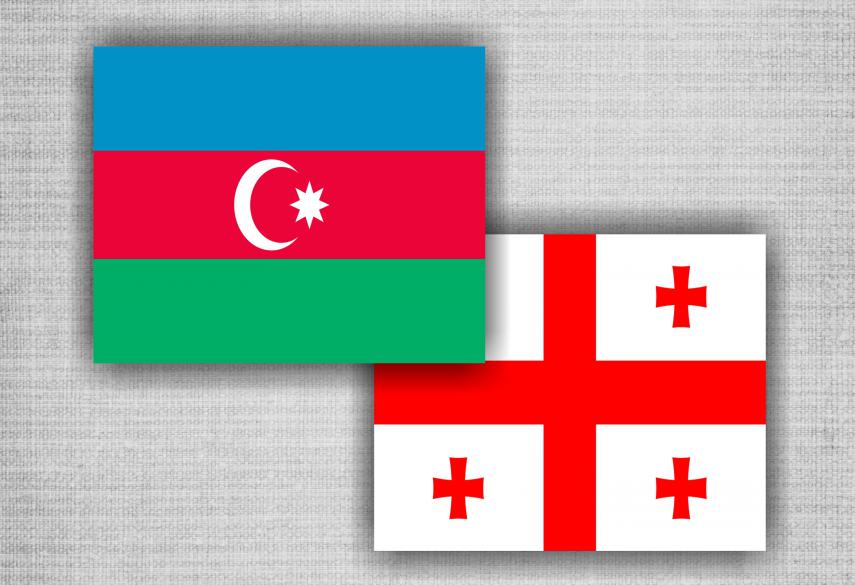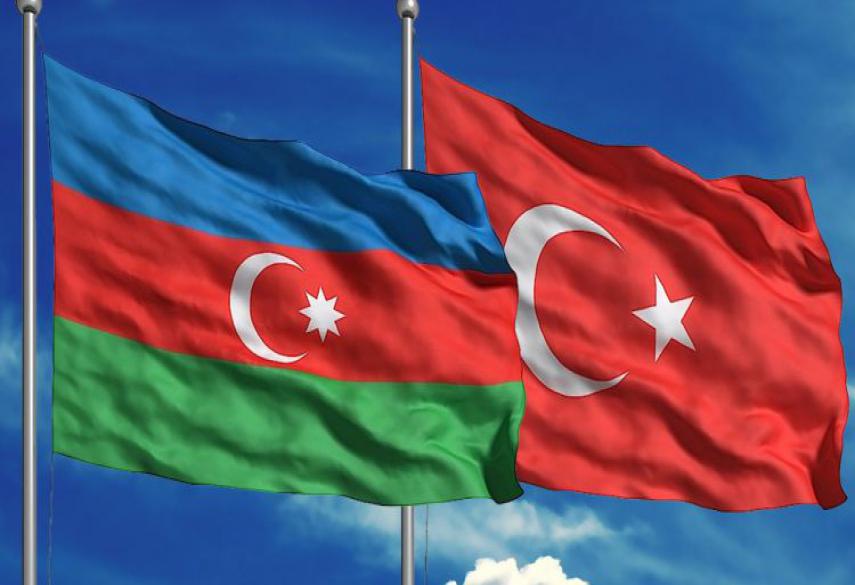The Caucasus policy of the Russian Federation and Azerbaijan
After the fall of USSR, one of the world’s 2 major poles, Russia lost its mechanism of influence on the socialist states. Experts say following this Russia set 3 key duties for its foreign policy, each of which is related to Eurasia:
1) To prevent the move of the US, EU and NATO towards the East;
2) To interfere in the intervention of the Western states in post-soviet area and inclination of new independent states to the West;
3) To protect integrity of the Russian Federation, guarantee its national security and public interests by all means.
Though the present world order significantly decreased the role of Russia in international policy, to oppress it in Eurasia is pretty hard. Just for this reason, using its special weight in the region, Russia keeps its influence on the South Caucasus countries still. Specially using the ethnic separatist factors, it has managed to keep these countries dependent.
The achievements the Republic of Azerbaijan has gained since it has restored independence, its status of the most developed country in South Caucasus and quite independent steps it takes in foreign policy, in particular the West-oriented policy it pursues has influenced Russia’s policy for Azerbaijan. Despite the Russian Federation was obliged to recognize the independence of the Republic of Azerbaijan in 1991, it could not accept its integration into the West for a while, no serious step was not taken in the sphere of bilateral relations. Only the change of power in Azerbaijan in 1993 and return of national leader Heydar Aliyev to the power created a balanced mechanism in the country’s foreign policy, which contributed also to the development of bilateral relations with Russia.
Laman Khalilova
Azerbaijan Realities























